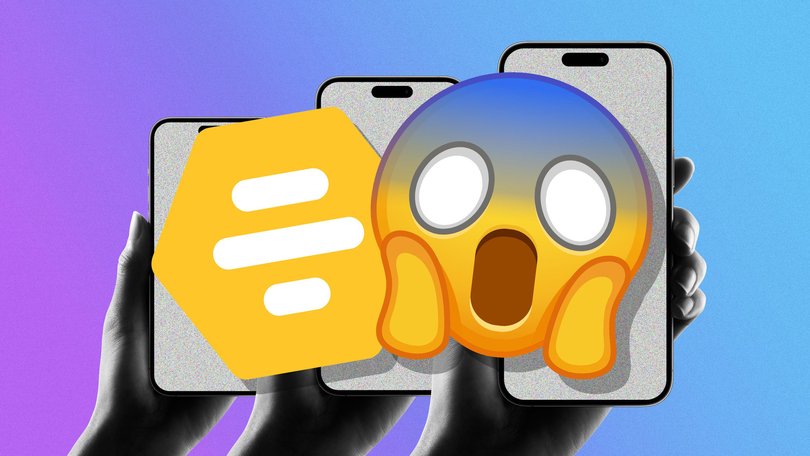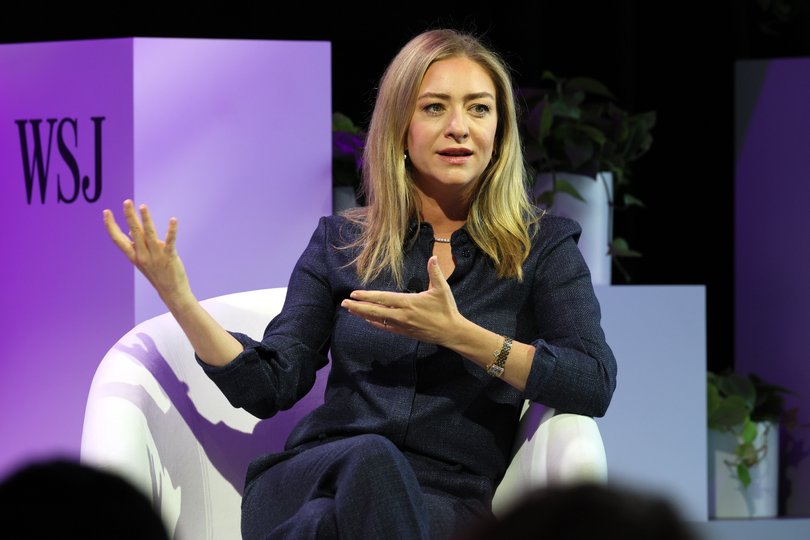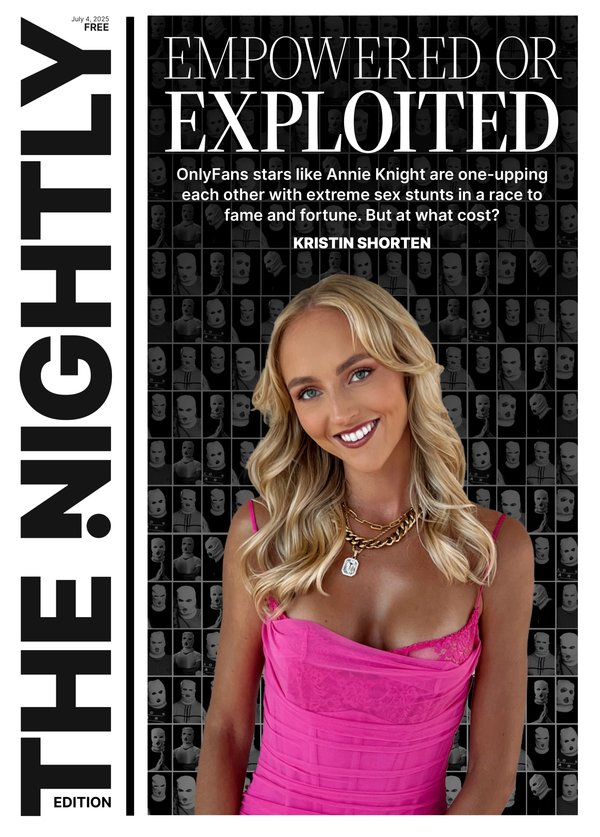AARON PATRICK: Generation Z is killing online dating. That’s good news

When dating app pioneer Whitney Wolfe Herd informed her London staff this week many would lose their jobs, the Millennial and Gen Z employees reacted, well, in a way typical of their generations: through emojis.
“I see a lot of freaking-out emojis,” the Bumble founder and CEO said on a conference call. “Y’all need to calm down. Everyone’s going to have to be adults in dealing with this.”
After the call was leaked to the press, the 36-year-old Ms Herd was criticised for patronising staff about to lose their jobs. But her problems were caused by a phenomenon worthy of celebration: history’s most technologically sophisticated generation is deleting dating apps.
Sign up to The Nightly's newsletters.
Get the first look at the digital newspaper, curated daily stories and breaking headlines delivered to your inbox.
By continuing you agree to our Terms and Privacy Policy.Almost anyone who has been single during the past two decades understands how the internet dominates dating. From RSVP to Tinder, apps and websites make meeting people so easy they were responsible for 60 per cent of new relationships in 2024, according to a Stanford University study.
The headline figure, though, misses an important story. Generation Z, or teenagers and those in their 20s, are engaging in a digital rebellion. Exposed to the internet since they were born, many regard online dating as impersonal, insincere and judgmental.
Rejected, judged
Only 21 per cent of Gen Zers see apps as their main way of finding a partner and 58 per cent are searching for a human in real life, according to an American survey published in May by the Kinsey Institute and DatingAdvice.com website.
Even Ms Herd acknowledges Generation Z has “abandoned” dating apps. “They’re getting on the apps and they are not seeing who they want to see,” she told the New York Times last month. “They get on the app, they essentially have to judge people and reject people. They’re feeling rejected, and they’re feeling judged.”
Paradoxically, the apps’ decline is driven by their success. On Tinder, the most downloaded app, popular women in a large city can receive more than a thousand swipes within a week or two of opening an account. (For reasons no one is able to convincingly explain, men are less selective than women online.)
The volume accentuates what is already a superficial process of assessing a potential partner based on a few photos, a job title and a short personal description.

‘Clown show’
Online dating companies still have plenty of older customers. Even celebrities reluctantly use them, including Hollywood actress Charlize Theron, who expressed a common view this week. “The apps are just horrible,” she told the Call Her Daddy podcast. “It’s a f...ing clown show.”
Instead of exciting places to meet lovely potential partners, people find themselves sorting through computer-generated bots, scammers and what are euphemistically referred to as “low-quality profiles” — people of limited romantic appeal. One survey found 85 per cent of women reported a match had tried to contact them after they said they weren’t interested. Maintaining conversations with strangers can be exhausting.
Without a stream of new, young customers, the apps are relying on a jaded group of dating veterans. It is unclear if they will ever return to their glory days.
Numbers game
When Bumble floated on the share market in 2021 it was worth almost $12 billion, making Ms Herd the world’s youngest female billionaire. Today, the company is worth $1b and hopes to use artificial intelligence to improve matches. In the meantime, it is cutting about 30 per cent of its workforce, and accepts it will lose customers in the short term.
Match.com, which owns Tinder, has gone from a value of about $60b during the pandemic to $10b today. In March the chief executive, Spencer Raskoff, posted an open letter that served as an apology to customers suffering swipe fatigue. “Too often our apps have felt like a numbers game,” he wrote.
Still, dating apps will likely remain an important part of the dating world, especially for people over 35 who don’t study or work with a large number of other single people.
“Not everyone has that has network of friends who have endless single friends to pair them up with,” said Holly Bartter, a Sydney dating app consultant. “It’s the still the way we going to be matching. Online dating is not going anywhere.”

